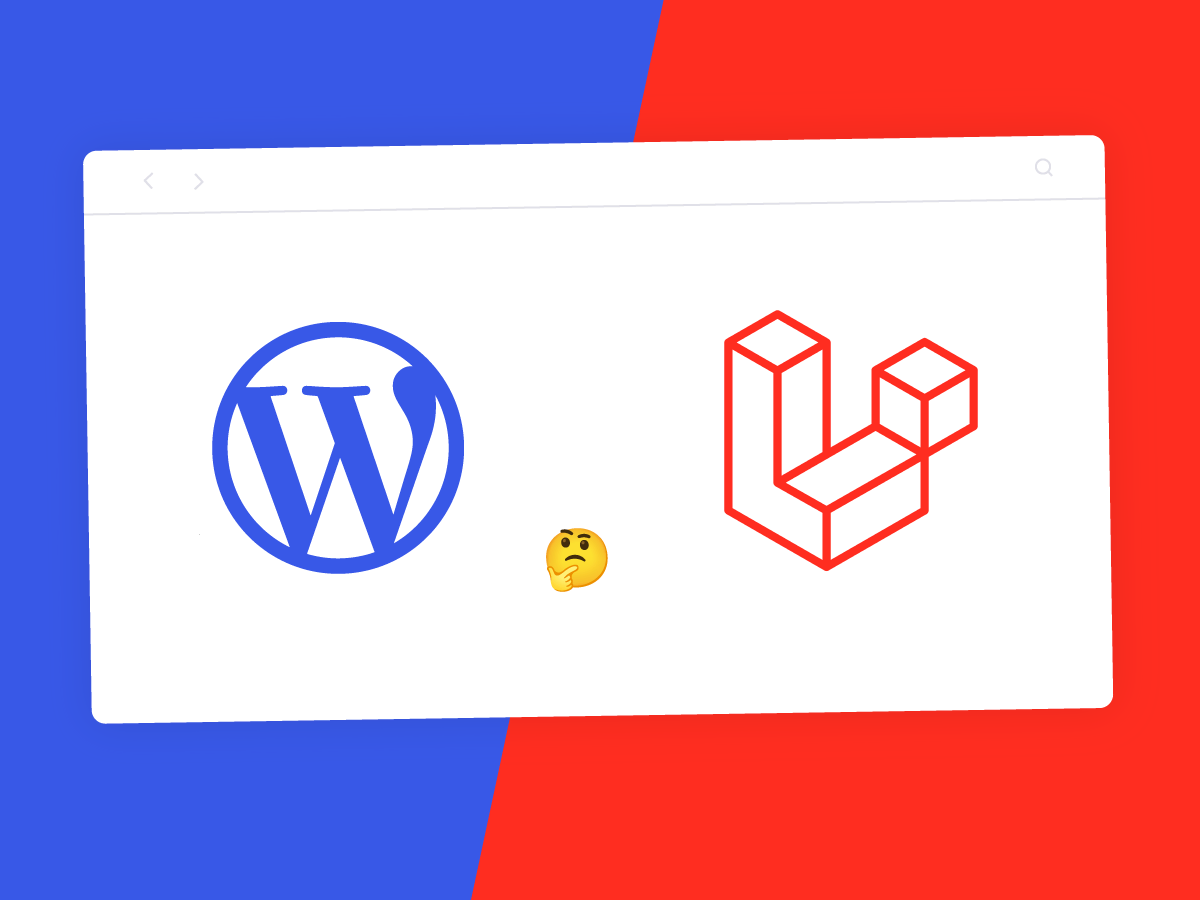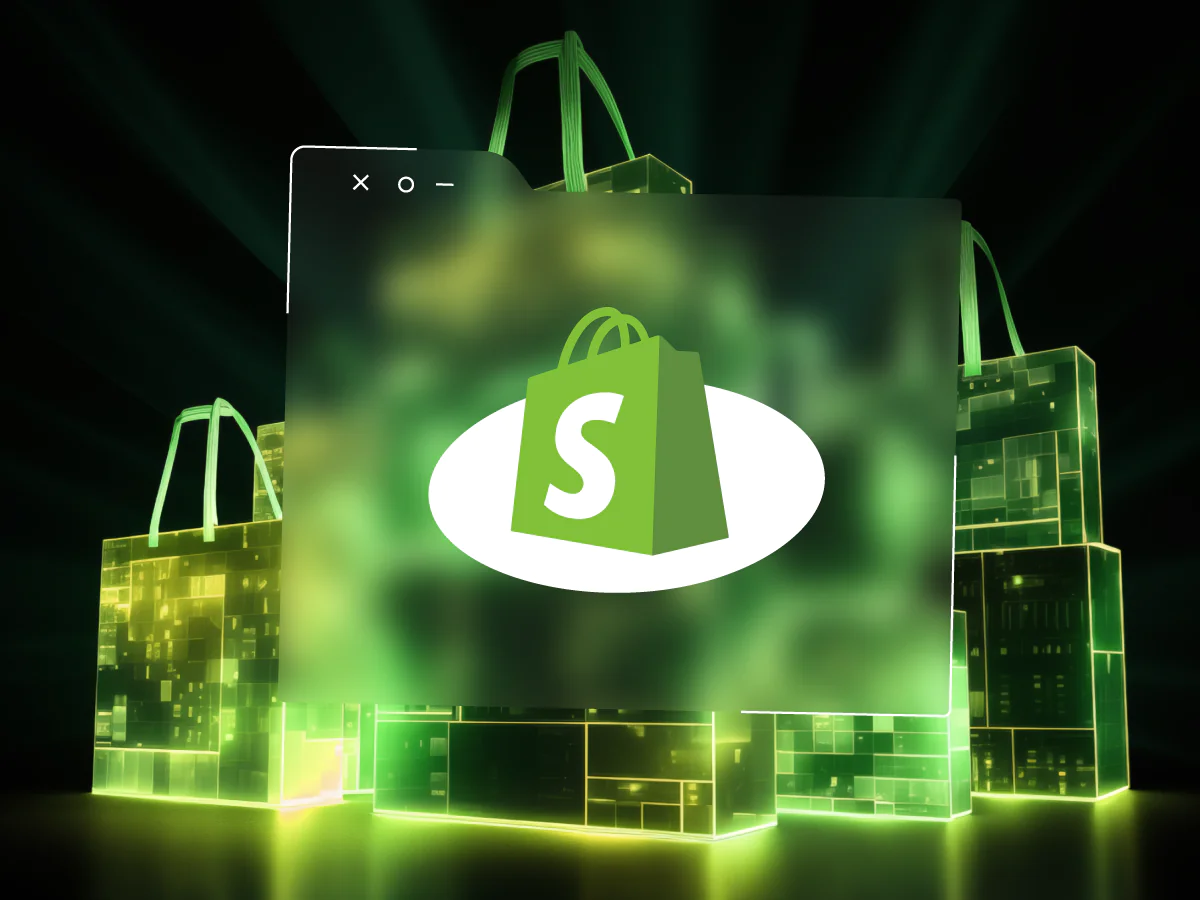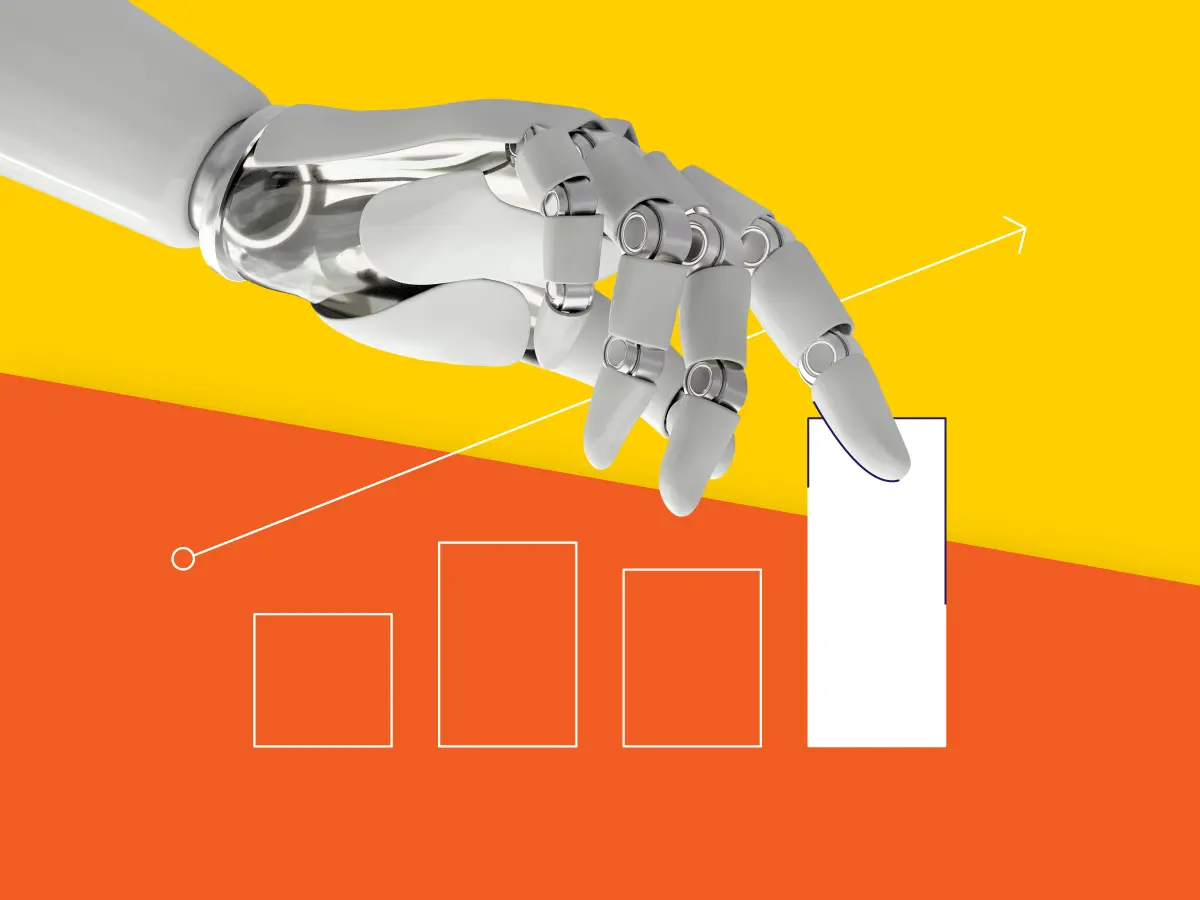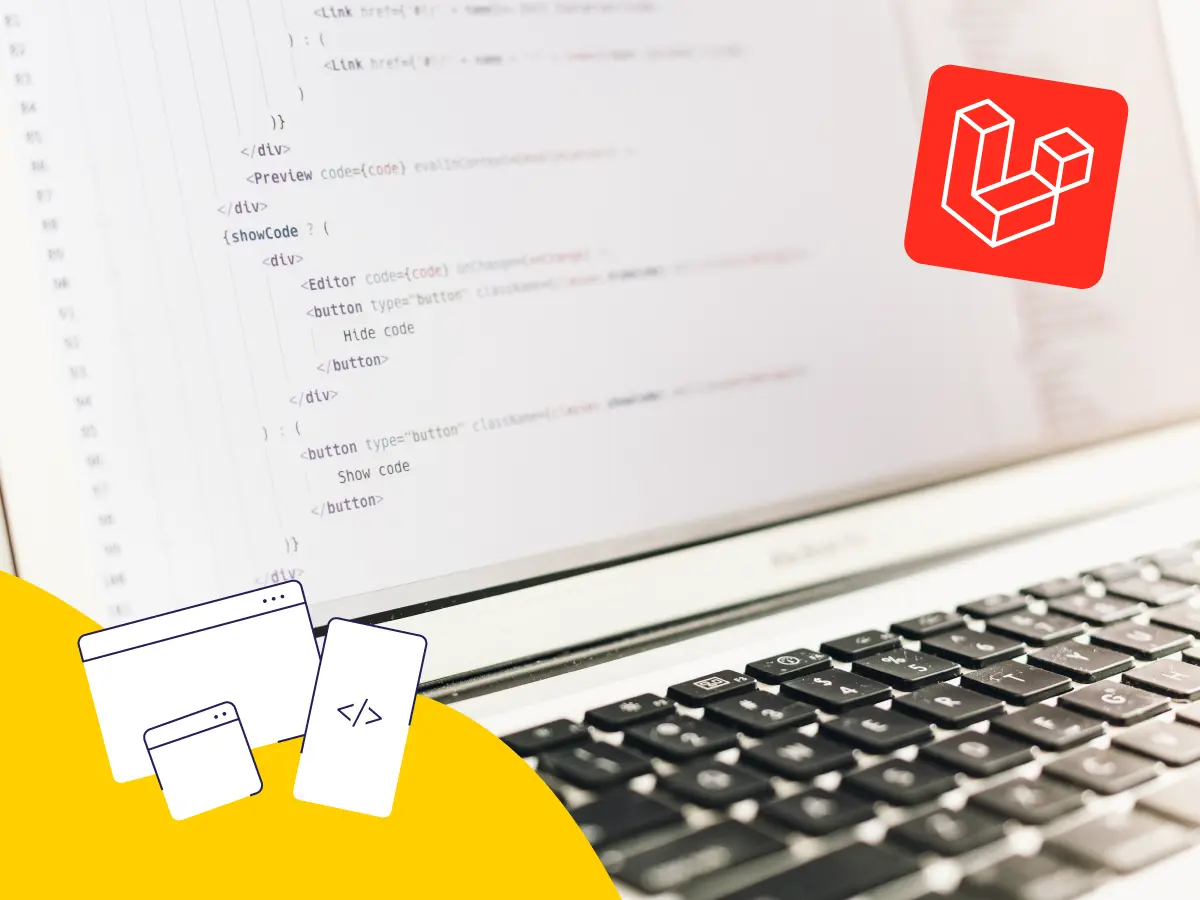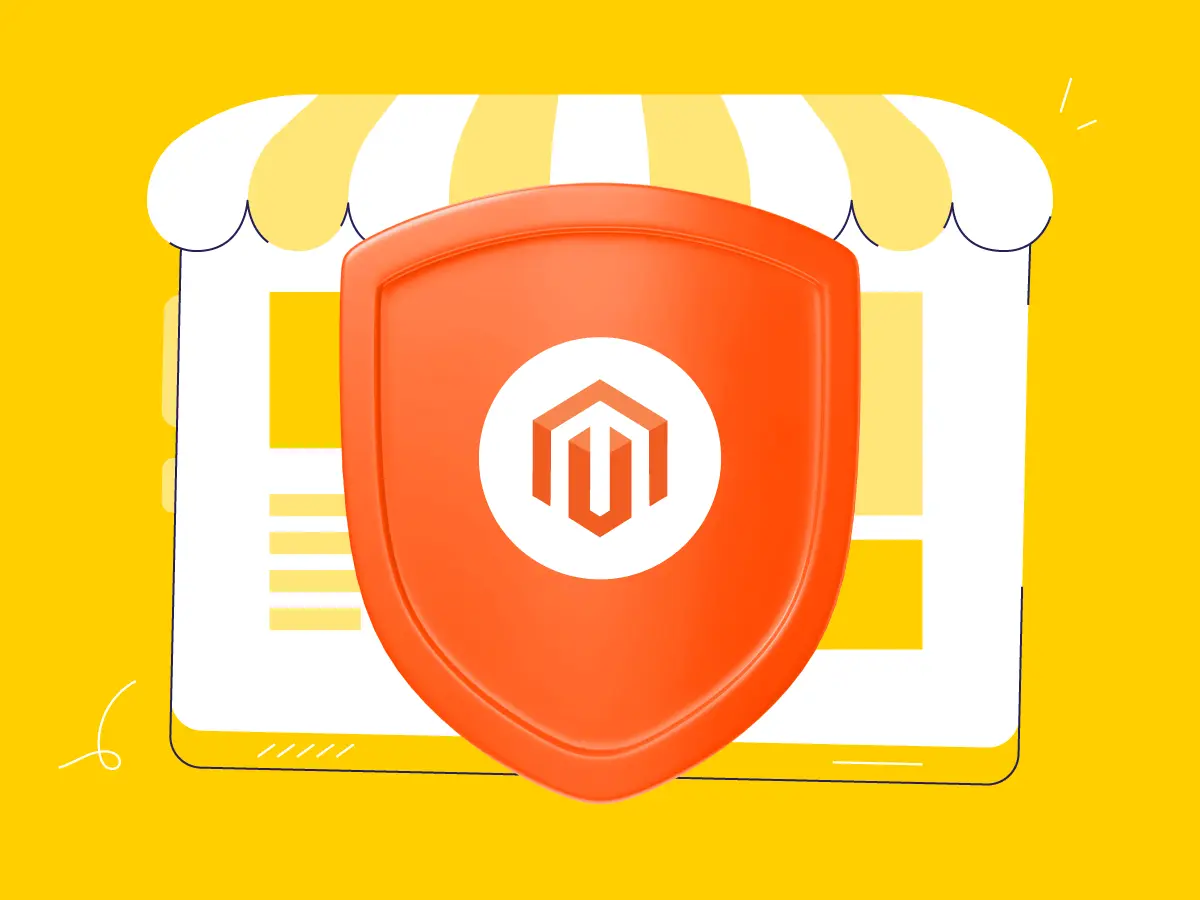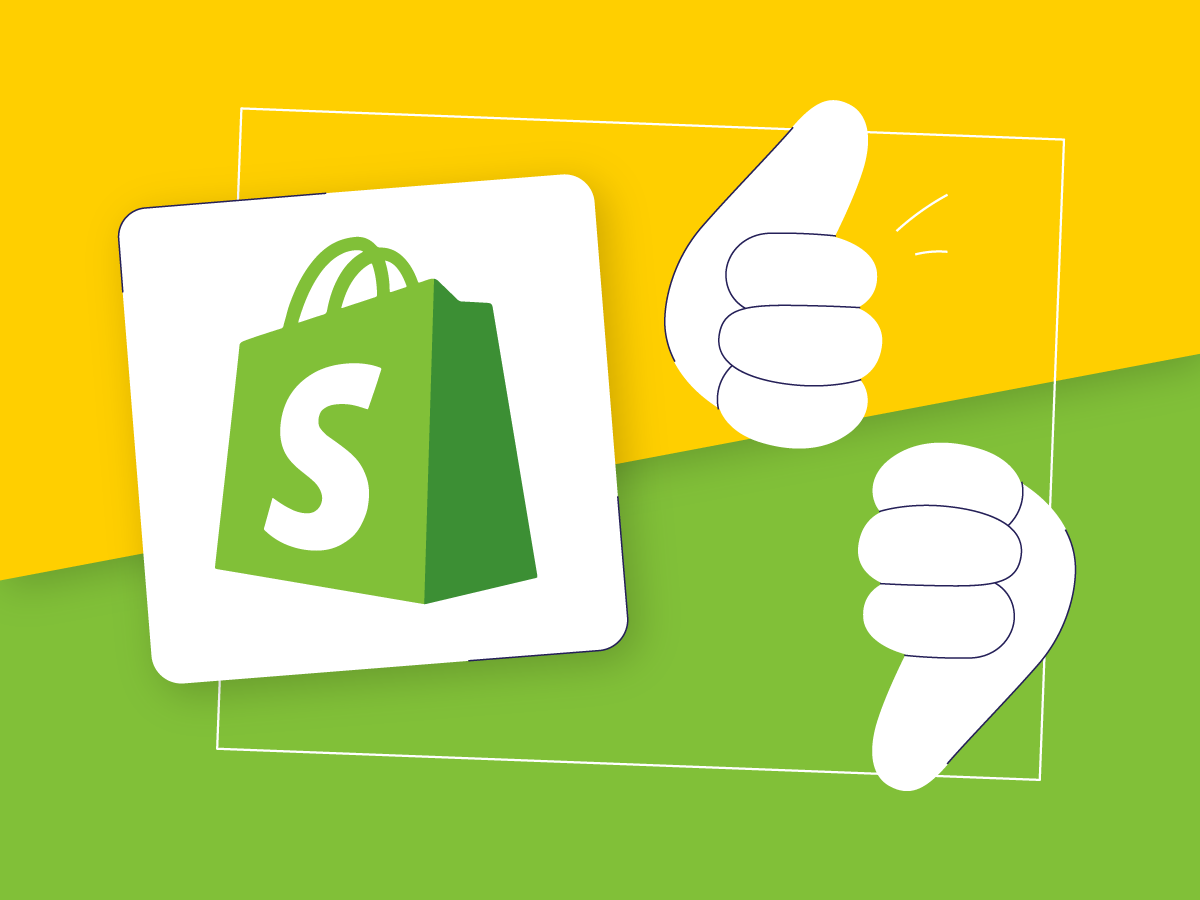Feel overwhelmed by the endless options for building your website?
You’re not alone.
Choosing the right platform can feel like a maze, especially when you’re trying to decide between powerhouses like WordPress and Laravel.
After all, your website is your digital storefront, and you want to ensure it’s built on solid ground. But how do you decide which is best for you without becoming a web development expert overnight?
This guide is designed to break down the pros and cons of these two approaches.
Let’s navigate through this together. We’ll focus on what matters most to you, and help you make that decision a little easier.
WordPress vs. Laravel: the basic overview
When diving into this debate, it’s essential to understand what each platform brings to the table in 2024, especially if your web project demands more than just a straightforward website.
WordPress
WordPress has been a familiar name since 2003. It’s a beacon for many looking to establish their corner on the Internet without getting tangled in complex coding. No wonder that, as of 2024, it’s used for around 32,853,476 websites worldwide.
Definition and background
In simple terms, WordPress is a popular, open-source content management system (CMS). Think of it as the foundation and framework of your digital home. Here, you can easily arrange, decorate, and modify spaces without needing to build everything from scratch.
Key features
- Easy to use. It’s user-friendly, meaning you can navigate your way through setting up and managing a website without calling in a professional. You can add pages, posts, and media with a simple click.
- Visual editors. With visual editors and drag-and-drop page builders like Elementor, customizing your site’s layout and design is as easy as pie.
- Extensive library of themes and plugins. There are thousands of themes and plugins available, both free and premium. They allow you to tailor your site to meet your specific needs and preferences.
- Responsive design. WordPress is adapted for mobile devices. It’s a crucial factor for SEO as search engines prioritize mobile-optimized sites. Additionally, the adapted sites enjoy higher conversions thanks to good UX.
- Straightforward media management. Easily upload and manage media files, organize them into galleries, and insert them into your content.
- User roles and permissions. You can assign different roles to team members. In this way, you will control who can edit, publish, or manage content. It can be especially useful for running a multi-author blog or business site.
- Content scheduling. Plan your content by scheduling posts to be published at specific times. This helps maintain a consistent content strategy without having to manually post each time.
Typical use cases
It’s ideal for blogs, small to medium-business websites, and e-commerce (thanks to WooCommerce). WordPress is quite the chameleon, able to adapt to a wide range of website needs.
Laravel
Laravel is not just another tool in the web development toolkit; it’s a powerful framework designed for crafting sophisticated web applications. But what does that mean for you?
Definition and background
It is a modern framework known for its expressive and elegant syntax. Born in 2011, it’s relatively younger than WordPress. However, it has quickly become a favorite for developers looking to build complex web solutions. Thus, as of early 2024, around 775,000 websites run on Laravel worldwide.
Key features
- MVC architecture. This means it separates the logic of the application from the user interface. This separation makes the code cleaner, more manageable, and easier to debug. For you, this means a web application that’s not only efficient but also easier to maintain and update over time.
- Robust security. Laravel takes security seriously, offering robust features to protect your web application from common threats:
-
- CSRF(Cross-Site Request Forgery) protection: It automatically generates and verifies CSRF tokens. This helps to protect your application from malicious attacks.
- SQL injection protection: The framework uses PDO parameter binding. So, your database queries are safe from SQL injection attacks.
- Password hashing: It provides secure Bcrypt and Argon2 hashing for storing user passwords. This makes them difficult to decipher even if data breaches occur.
- Rich developer tools. It comes equipped with a suite of tools designed to streamline the Laravel development process. These include, for example, artisan console, eloquent ORM (Object-Relational Mapping), migration system for databases, Laravel Mix, etc.
Typical use cases
Ideal for projects that require a custom backend. For example, large-scale web applications, and RESTful APIs. It’s also a great choice for applications needing specific business logic.
Laravel vs. WordPress: which is better? Detailed functionality comparison
When comparing WordPress and Laravel, the latter is the choice for when your project’s ambition outstrips the confines of a simple website. Let’s consider these two platforms in more detail and focus on what you need to know to make an informed decision.
User-friendliness and learning curve
When you’re standing at the crossroads of Laravel vs. WordPress, understanding the user-friendliness and learning curve of each platform can be a game-changer. Let’s break it down.
Security and maintenance
Let’s dive into how to keep your website both safe and smooth. The choice between WordPress and Laravel matters a lot here, especially for e-commerce sites where trust and reliability are key. What is more, Microsoft reports that approximately 30% of all attacks are aimed at websites. Here’s the lowdown to make it simpler:
WordPress
WordPress is great if you want something easy to manage with a lot of support, but you need to stay on top of updates and security.
- Stay updated. Regular updates for WordPress, its themes, and plugins are essential. These updates fix security holes, making it harder for hackers to get in.
- Security helpers. There are a bunch of security plugins like Wordfence, Sucuri, and iThemes Security. They’re like having a guard dog for your site, warding off unwanted visitors, and scanning for anything fishy.
- Community watch. The massive WordPress community is always on the lookout, spotting security issues and fixing them together. It’s teamwork at its best.
- Upkeep is key. WordPress is easy to handle, but you’ve got to keep an eye on those updates and make sure everything plays nicely together to avoid any hiccups.
Laravel
Laravel offers a more custom, lock-tight approach but requires some tech know-how to keep things running smoothly.
- Safety first. Laravel comes with its security measures built-in, guarding against common web attacks right from the start. It’s like having a built-in security system for your home.
- Call in the pros. Managing and securing a Laravel site usually needs someone with coding chops. It’s for those who know their way around code and want to keep things tight and right.
- Less upkeep stress. Because you’re not juggling as many third-party bits and pieces as with WordPress, there might be fewer maintenance headaches. Still, you’ll want a pro to do regular checks to ensure everything’s secure.
Laravel vs. WordPress performance
In today’s online world, where everyone wants things to happen yesterday and hopes their website can grow bigger tomorrow, figuring out whether Laravel or WordPress offers the best performance and room for growth is important.
Research from Portent shows that if a website loads in just 1 second, it can have a conversion rate 5 times higher than websites that take 10 seconds to load. For a deeper dive into optimizing your online store, check out this comprehensive guide on e-commerce best practices in 2024 here.
WordPress: Quick and flexible
Think of WordPress like a car. Its speed and how much it can carry depend on several things: where you’re driving it (hosting), what’s on it (plugins and themes), and how well you take care of it (maintenance). It’s pretty good at keeping things moving quickly, but you’ve got to tune it right.
- Growth ready. WordPress can start small but grow big. The trick is to keep it neat—pick the right plugins and the best hosting so it can handle more visitors over time without breaking a sweat.
- Plugins for faster load times. Just like magic spells, some plugins (W3 Total Cache and WP Super Cache) can make your site load super fast by remembering the best way to display it.
- Global reach with CDN. Imagine if your website was a chain of fast-food restaurants. A CDN puts your content in many places at once, so it’s always close to your visitors, making your site faster.
- One dashboard, many sites. WordPress lets you run several sites from one control panel, perfect for growing your empire with ease.
Laravel: Built for speed and scale
Laravel is like a high-speed train designed for performance and scalability. It’s built with tools and features that help it handle more passengers (users) and travel faster (load times) without getting bogged down.
- MVC framework. This is the secret sauce for speed. It keeps the engine (back-end logic), passengers (data), and stations (user interface) working smoothly together.
- Ready to grow. It comes with built-in goodies (like caching and security) that help your site or app scale up without hitches. It’s ready for more users from the get-go.
- Smart database conversations. Thanks to Eloquent ORM, Laravel talks to databases in a smarter, less complicated way, which means less waiting around for data to load.
- Queue system for heavy lifting. Imagine having robots that can do the heavy work (like sending out thousands of emails) while your site stays speedy and responsive for users. That’s what Laravel’s queue system does.
Customization and flexibility
Let’s make choosing between WordPress and Laravel for your website or e-commerce project a bit simpler by focusing on how each platform handles, making your site truly yours through customization and flexibility.
Community support and resources
The community around the platform can guide you like a star in the night sky. It’s more than just picking a tool—it’s about joining a group of folks who are eager to share, learn, and help. Let’s dive into the kind of support and resources WordPress and Laravel offer.
WordPress
- Global community. It’s a worldwide family of users and developers ready to lend a hand or offer a piece of advice.
- Learn anything. With an endless supply of tutorials, guides, and forums, learning WordPress can be a journey filled with discovery.
- Find your crew. Stuck on something? Pop a question in one of the many support groups, from official forums to Facebook groups. You’re likely to find someone who’s been in your shoes and has figured a way out.
Laravel
- Learn with fun. Sites like Laracasts turn learning Laravel into an entertaining experience with video tutorials. They cover everything from basics to web development wisdom.
- Benefit from community wisdom. Dive into forums and specific groups to share your experiences, ask for advice, or tackle coding conundrums.
- Stay informed. Laravel News and other similar sites are treasure troves for the latest happenings, tips, and tools to give your projects an edge.
Cost implications
When diving into a website or app creation, it’s key to weigh the cost differences between WordPress and Laravel to plan your budget smartly. Let’s simplify the financial side of each platform.
WordPress: Wallet-friendly web building
- Free core. The WordPress software itself costs nothing. It’s free to download and use.
- Hosting variances. Hosting prices swing from budget-friendly shared plans to pricier dedicated options based on your traffic needs.
- Theme and plugin costs. Plenty of no-cost themes and plugins are available, great for simple sites.
- Custom development. Tailor-made features mean hiring developers, but typically, WordPress custom work is more affordable than on more complex platforms.
Laravel: Investing in customization
- Framework for free. It doesn’t cost a dime to start with; the framework is free.
- Heftier hosting. Given Laravel’s structure, it might need stronger hosting solutions than basic WordPress sites, possibly pushing up hosting expenses.
- Tool and service expenses. Though many tools are free, some high-end features or integrations might require a purchase.
- Developer investment. Custom Laravel projects need experienced developers, which can mean higher costs compared to hiring WordPress developers.
SEO capabilities
When launching a website, getting noticed by search engines is a big deal, and that’s where SEO, or Search Engine Optimization, comes into play. Here’s a simplified look at what each platform offers for SEO.
To wrap it up
When comparing Laravel vs WordPress for e-commerce, the first one often takes the lead, especially for those looking to go beyond the basics. WordPress is friendly for beginners and comes packed with plugins. But if you’re aiming for a custom, scalable e-commerce site, Laravel stands out.
Here’s why Laravel might be your best bet:
- Customization: It gives you the control to tweak every little detail, making your site truly unique.
- Security and scalability: With its built-in security measures and ability to handle big traffic easily, Laravel is great for growing e-commerce sites.
In short, for a sophisticated e-commerce platform that grows with you and stands out, Laravel is your choice. It’s perfect for creating a custom shopping experience that shines.
This blog post is part of an ongoing series that compares Laravel with alternative website development methods. Be sure to explore the other entries in this series:


